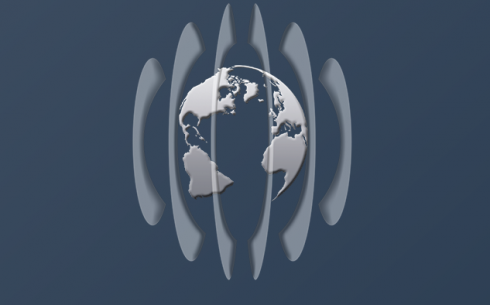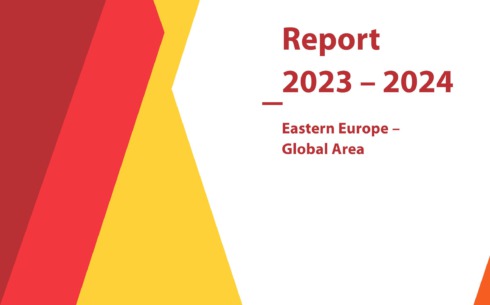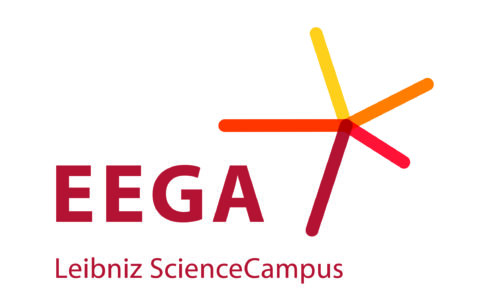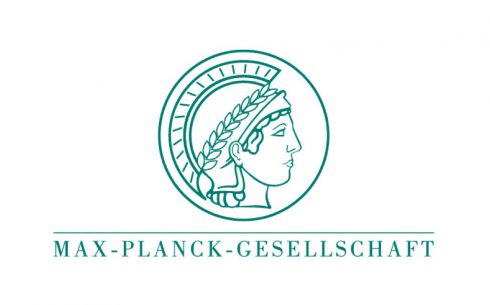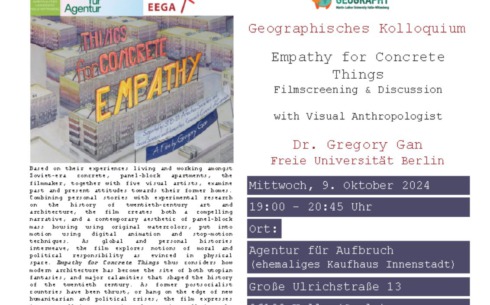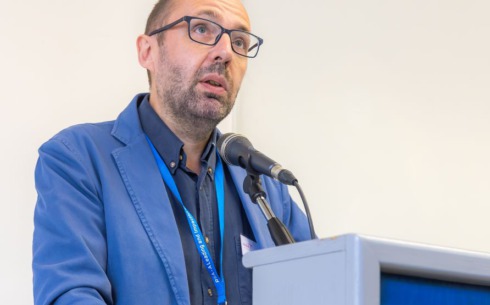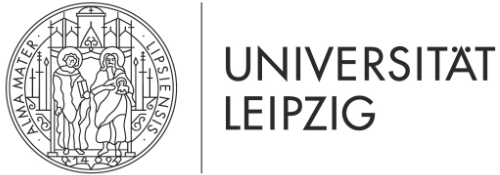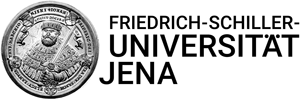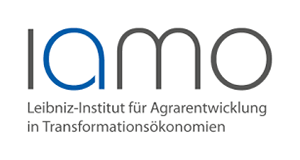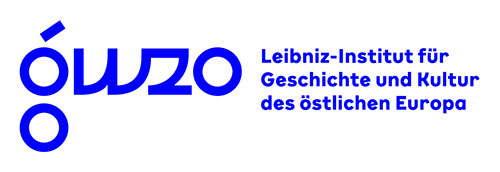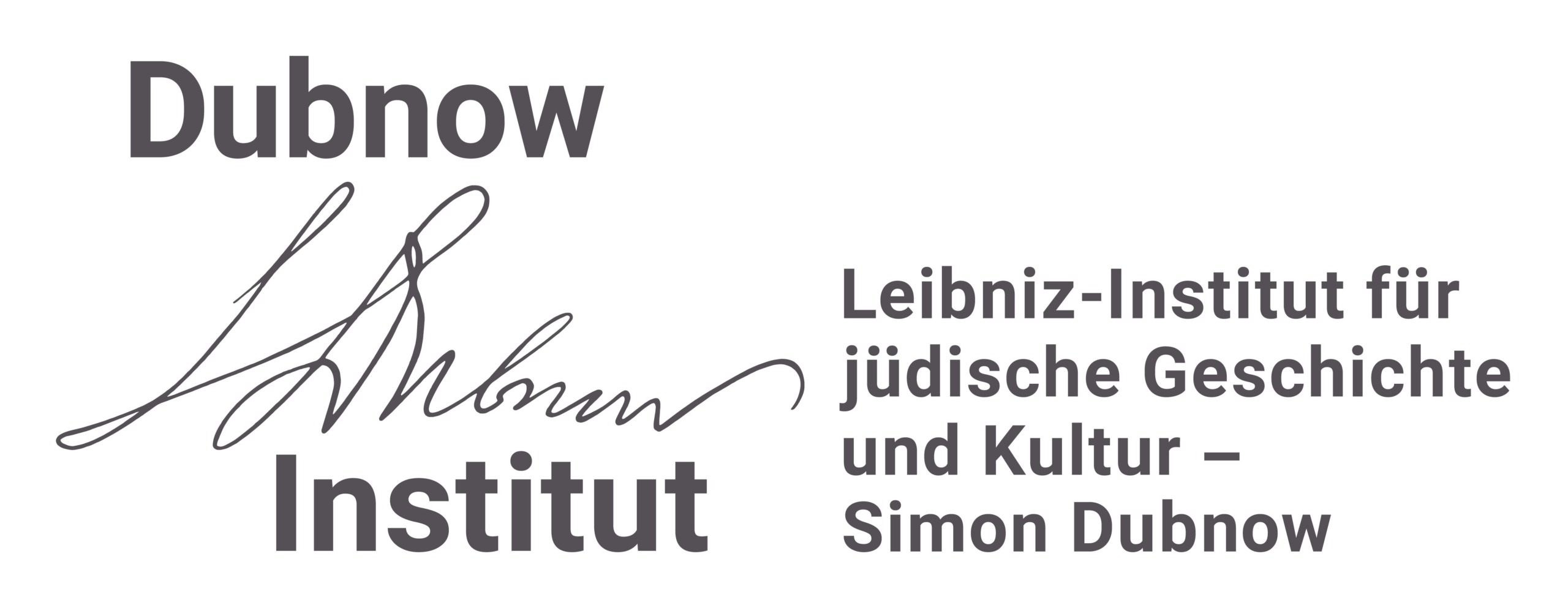CfP – ENIUGH Congress 2020
The 6th European Network in Universal and Global History (ENIUGH) Congress will take place on 25-28 June 2020 in Turku.
Under the theme “Minorities, Cultures of Integration and Patterns of Exclusion”, the congress seeks to stimulate and discuss research on minorities and the processes of past and present minoritization as well as the resistance they engender from a global perspective.
The common emphasis of the 2020 congress is a commitment to transcending the confines of national and Eurocentric historiographies. Topics proposed may include cultural and economic processes as well as the various aspects of material and social life, and can represent approaches from disciplines throughout the area studies, humanities, arts, and social sciences. While the majority of the contributions will deal with particular historical subjects, other can concentrate on questions of theory and methodology. In addition to panels in the thematic sessions, roundtables and special events offer room for joint discussions.
The Steering Committee of ENIUGH and the Turku Congress Committe specifically looks for paper proposals that complement and fill slots in already existing panels while also expanding the intellectual range of the conference’s programme. They particularly welcome proposals addressing the following topics:
- pre-1500 dynamics and spaces of inclusion and exclusion
- populist movements in comparative perspective
- comparative and connected histories of minorities and minority
- politics politics of belonging, marginalization and exclusion by/ within transnational movements and international organizations
We would like to draw your attention on the EEGA Panel „Globalizing Eastern Europe – New Perspectives on Transregional Entanglements of an often Neglected Region“.
Eastern Europe has been for very long already an object of academic interest and innovative research has been undertaken from many perspectives to address various facets of the region’s historical and contemporary development. Evidently, Eastern Europe, whether seen as a coherent region or as an assemblage of many regions with diverging interest and orientations, has never been investigated in a completely isolated manner. On the contrary, its role in international relations, its impact of the circulation of ideas and cultural patters, its contribution to a long history of migrations as well as its position in transregional trade and division of labour have been addressed by many scholars. The debate about globalization, however, has intensified the interest in such perspectives. Based on the research aims and agenda of the Leibniz ScienceCampus „Eastern Europe – Global Area“ (EEGA), this panel aims at connecting the study of Eastern Europe with the study of global processes, both historically and for the most recent times. It brings together area expertise with recent trends in the fields of global history and transregional studies. At the heart of this panel is the question as to how Eastern European societies are positioning themselves in and towards global processes and conflicts. Of particular interest here are the dynamics of global integration and the perspectives of those stakeholders championing these developments. Individual papers raise the question of the role of Eastern Europe in a globalizing world, if any, from a variety of disciplinary and temporal angles. They focus on the various scales at which border-crossing processes can be observed. Applying concepts of minority and minority positions, practices and narratives of inclusion, the studies explore processes such as migration and mobility, economic networks and political integration, as well as intercultural perspectives and identities.
Please click here for more Information on the Call for Papers.
Recent News
Latest Mastodon Entries
- Loading Mastodon feed...
